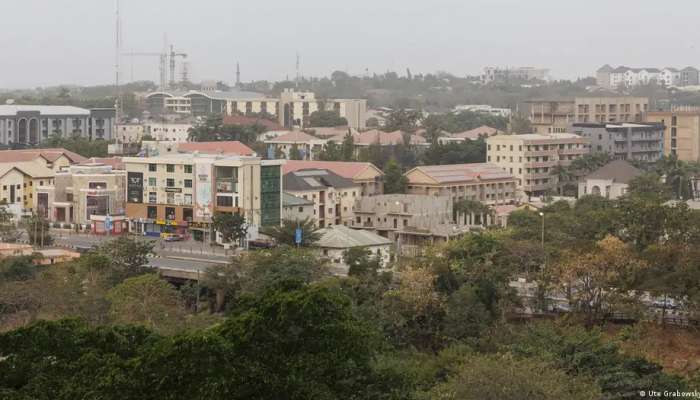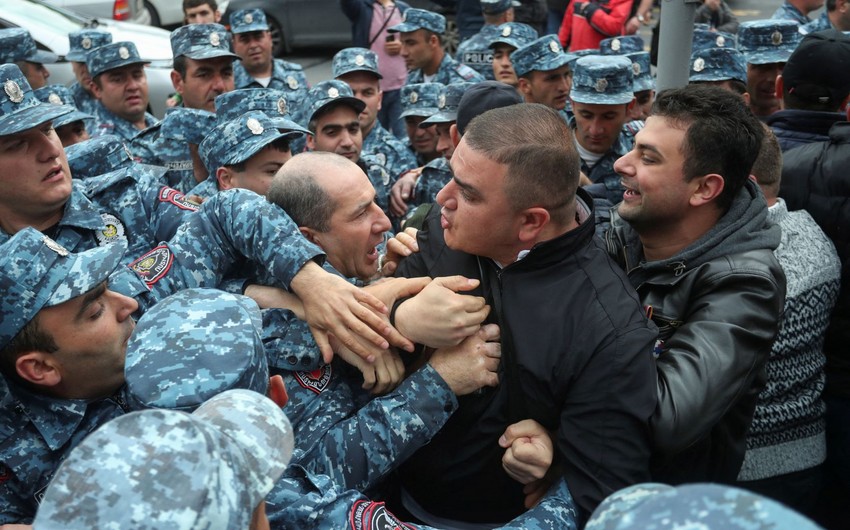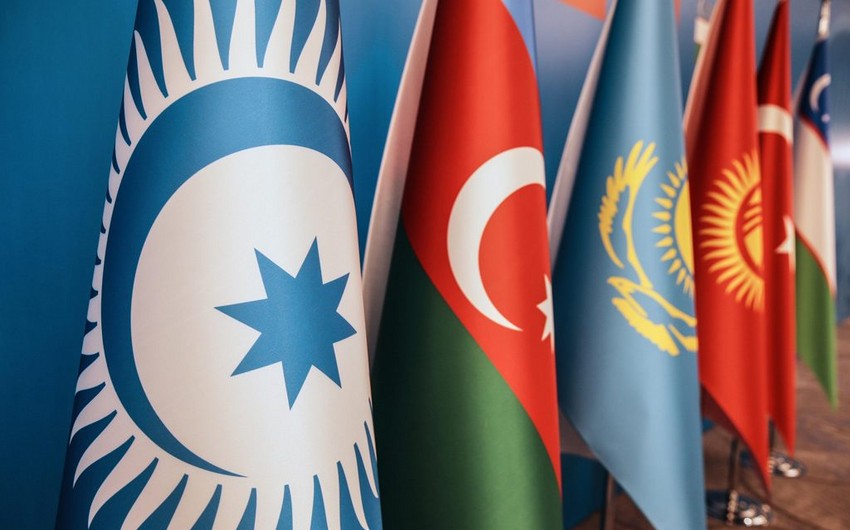“What am I going to miss about Gaza?” asks eighteen-year-old Majd Safi, who, like most everyone of his generation in Gaza, is set on getting out.
“My friends,” he answers. “My family. I’m not going to miss the whole city. I hate Gaza actually.”
Ahmed Safi, 30, who like his brother is also planning to start a life, finally, abroad, interjects.
“You should not hate Gaza,” he says. “You will love Gaza when you leave Gaza."
“I hope so,” the younger brother concedes.
Conversations like this are happening in homes across Gaza: After eleven years of Hamas’ repressive rule, the painful Palestinian split, and Israel’s deadly campaign of wars and siege, Gaza’s youth say they want none of this. They have no jobs, no money, and no vision for a future here, on top of the traumas of war and life under a corrupt and repressive government.
“The difference between him and me is that he’s younger than me,” Ahmed tells The National. “And his mind is not full of memories in Gaza. So it’s easier for him to leave and live his life and future. But when you are talking with someone who’s 30 years old, he’s full of memories of his world, friends, families... so it’s going to be more difficult for me. I know I will miss every street. I will miss every face in Gaza.”
After a pause, Majd adds, “I will miss my mother so much.”
Their mother, Aziza Safi, 58, sits alternating between stoicism and tears in the salon of their family home in Al Bureij. Aziza’s husband died when Majd, the youngest, was just two years old, so she has raised all eight of her children largely on her own. The family is Fatah-aligned, but Majd is not affiliated with any political party. The two oldest sons are already out: one living and working in Germany, the other in London. The whole family has not been together since they reunited in Tunisia for one glorious month in 2012.
Now, Majd and Ahmed awake each morning wondering if today is the day their student visas to Tunisia will come through. Just the thought brings Aziza back to tears. She and Majd still sleep together in the same room. Ahmed never leaves the house each morning without saying goodbye to her.
“If Majd travels, he won’t come back again to Gaza,” says Aziza. “If Ahmed travels, he won’t come back again to Gaza. Because Gaza” – she dusts off her hands to signify loss – ”is a cemetery”.
The boys look down at the thought of causing their mother pain. Except they do not see any other way. And, if and when their visas are approved, she will let them go.
“I want a better life, a better future,” says Ahmed, who has a Bachelor’s degree and is now a freelance anything from graphic designer to handyman. But his desire to leave is not motivated by financial gain.
“It’s not just money. Better doesn’t mean money. It means to live the life as you want and prefer and love.”
He also knows, having suffered when his brothers went, how hard his departure will be on the ones who remain.
Still, one cannot just show up and go: A Gazan needs a coveted visa to another country and to have their names on lists put together by Egyptian and Hamas authorities. The process often takes months. Once people register to cross, they are put on a waiting list given the high demand. Some wait as long as eight months, others closer to one month. Money and connections can place one higher on the desired departure list faster than others, Gazans say.
Even the lucky ones who can afford the thousands of dollars needed for the visas and travel costs, bribes included, often struggle to adapt to life outside of Gaza – and the guilt of what people back home are still living. Their families in turn sit waiting for news via Whatsapp or Facebook, mourning their personal and collective loss.
Sa’adiya Saftawi, 48, has three sons abroad, a husband in Israeli prison, and two daughters left in Gaza who dream of getting out.
“I’m laughing now but day to day I cry,” she says as she describes the pain of separation. She worries about what will happen to her sons – one a refugee in America, another who went from Algeria to Spain, where he now has asylum, and a third who just left for Turkey in July. She follows the news about US President Donald Trump’s war on refugees and the rise of far-right groups in Europe.
“It scares one to think about this because we are looking for stability,” she says. “They want to build their future: work, marriage, security. They are looking for a safer place.”
The sisters, meanwhile, are left to scheme and suffer amongst themselves, occasionally taking solace in playing with the orange cat of the brother who most recently left.
“When we were together we would share in the suffering,” says twenty-year-old Sarah Saftawi. “But now everyone’s on their own and I feel that the support is less… It’s very quiet, boringly quiet. And I worry about them.”
Leen Saftawi, the youngest at 17 years old and in her first year of an English Literature degree, says she feels a little upset and jealousy towards her brothers.
“It is easier for them travel,” she says, “because they are boys and the women in this society are considered weaker.”
Still, when she and her female friends gather, “We talk every time about the subject,” she says. “Not all of their families will accept this [daughters traveling out]. We talk about how to get our rights.”
Leen says the biggest, and saddest, social change in Gaza in recent years is that “people are just serving themselves” as communities grow more insular and conservative in the face of constant barrages from all sides.
“We [the family] have been dispersed but our plan is to be together, in any country,” Sarah says.
That was 22-year-old Mohamed Nafez Hamed’s plan, too. Only it has not turned out that way.
Mohamed’s older brother by two years, Sajed Hamed, was on the cusp of opening a new graphic design business when the office with all his equipment was destroyed by Israel during the 2014 war. Back at square one, Sajed and another colleague decided to try their luck outside Gaza. Back then Rafah was closed, so they were smuggled through the tunnels to Egypt and then set out on a boat from Alexandria to Italy. The boat crashed. Mohamed's relatives have not heard from Sajed since.
Mohamed insists his brother is not dead until he hears otherwise.
“We believe he is still alive,” he says. “We are still hoping. I can hope. But it still doesn’t take away the pain and sadness."
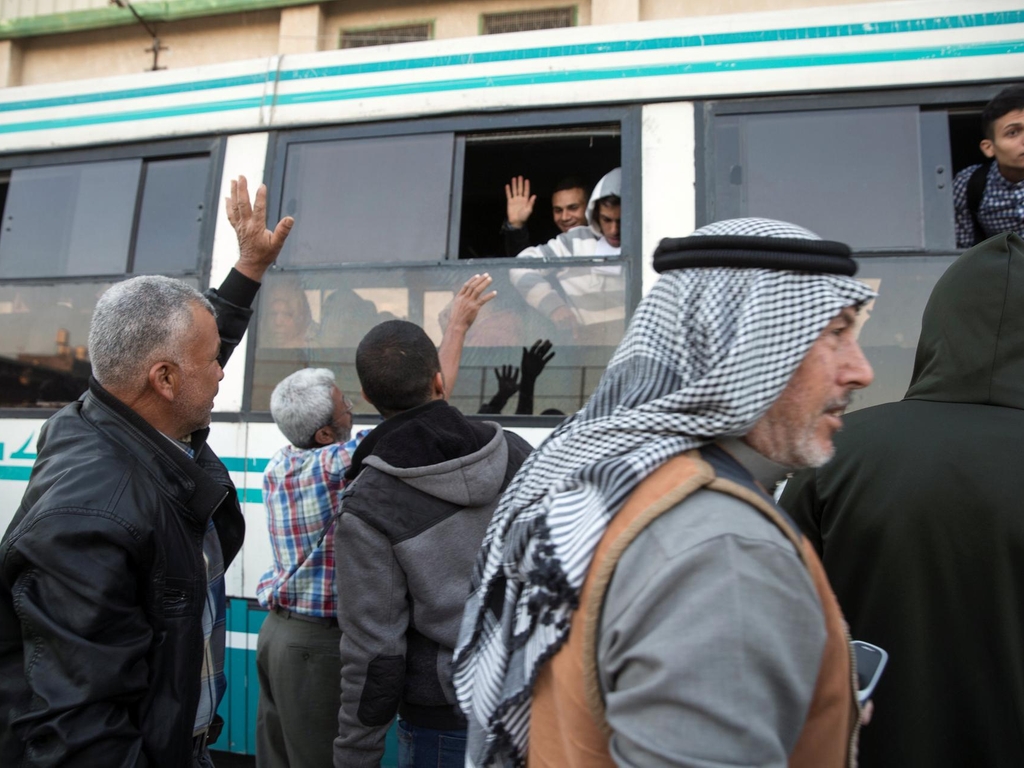
Mohamed started a designer notebook business, one of his brother’s ideas, in Sajed’s honour. Last year he bought an office for a headquarters. Only then he and a younger brother, Abdul Rahman Hamed, decided they could do better and get out, too. He sold his business, packed his bags, paid for the visas and bribes so the Egyptians would cause him less trouble – and then the day before received a call from Hamas that, for whatever reason, his name was not on the list of approved people to go.
The next day Abdul Rahman left as planned for Turkey. Mohamed stayed behind. For the next month and a half authorities in Gaza told him several times that his name would be added again to the list – only it never was and after pushing back he still cannot figure out why.
“It was written that I’ll stay in Gaza,” Mohamed says. He speaks with a steady cadence, but pauses several times to control his emotions before pushing ahead with his story.
Occasionally Mohamed and other families whose loved ones also disappeared on that ship receive scam calls or Facebook messages from places like Turkey or Italy: some mafia or group like ISIS has your son, they’ll say, so give us money and we’ll help set him free. Mohamed knows the calls are not real. But he is holding out hope that his brother is also trapped, somewhere else, like him.
Aziza Safi is similarly always on alert for news of her children and grandchild she still has not met. She does not know how to use a smartphone, so she waits for Ahmed to come home and make the calls.
“In the evening we sit together me and her laughing and talking about everyone, talking about what they did that day and if they faced any troubles,” says Ahmed. “Telling jokes. The sisters and the whole family come…”
He still cannot process what not having this will be like. Yet he knows he is not alone in it. Under Hamas, young people feel they cannot breathe and be themselves, while Israel keeps them effectively locked up.
“I finished my studies and I don’t have a job. I don’t have anything. I just have my mind and myself,” Ahmed says.
“I don’t have a flat, like you’re supposed to have at this age. I don’t have a job, like you’re supposed to have at this age. So you have nothing. So I started to look for a chance, to look for a way to improve and get a good life. Studying a master’s degree in Tunisia is the first step... Then I’ll think about the next step.”
If his own situation improves, he will come back to Gaza, he says. But just to visit: he cannot imagine life here being any other way.

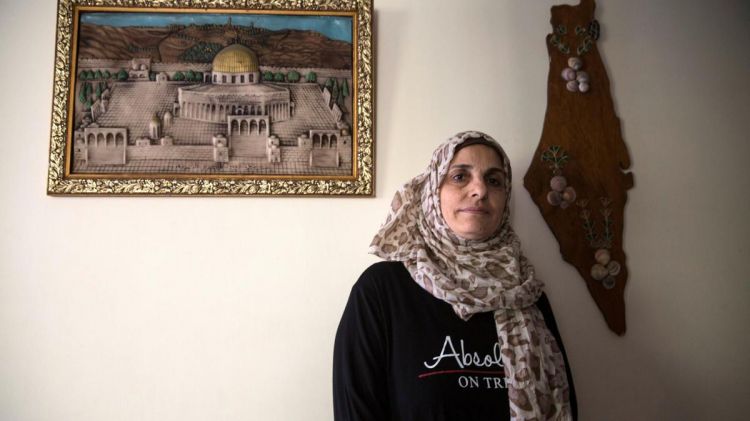
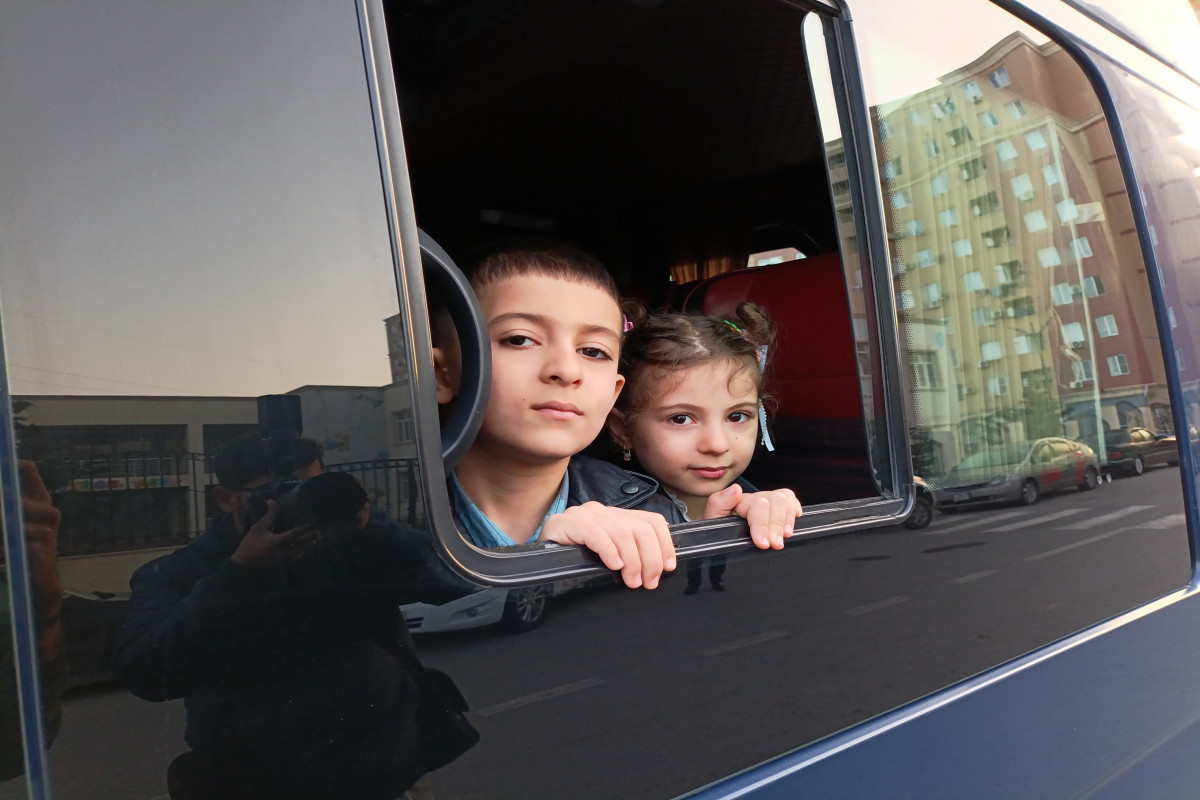
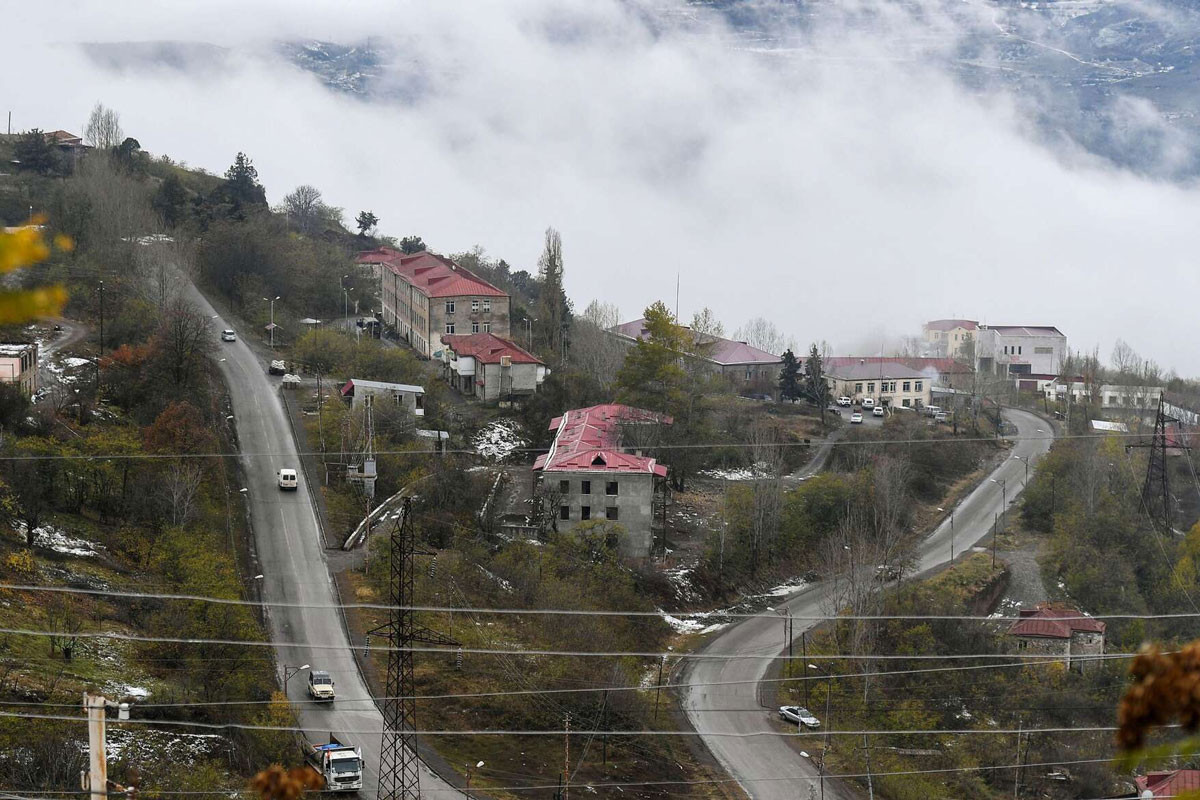
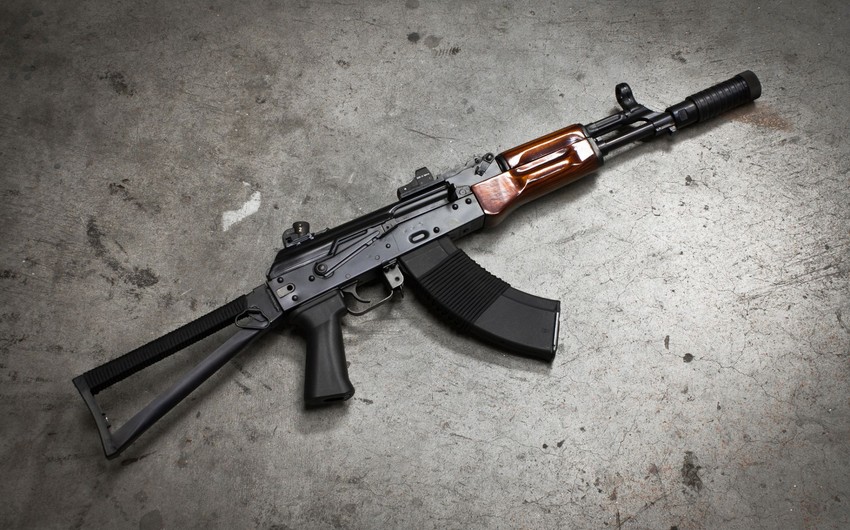
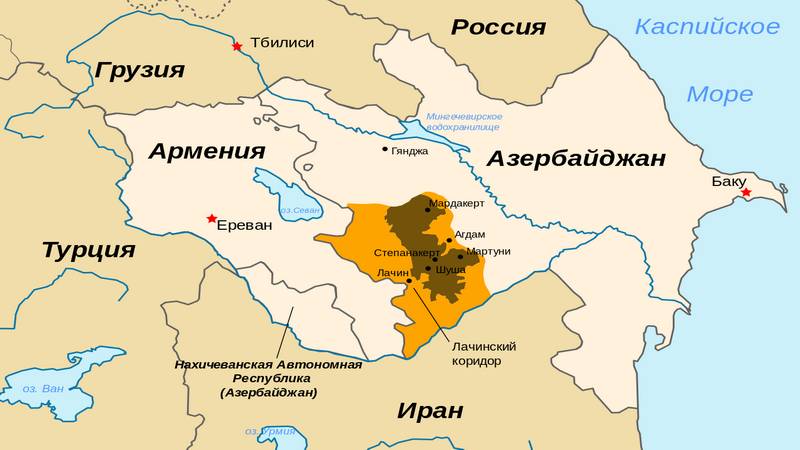

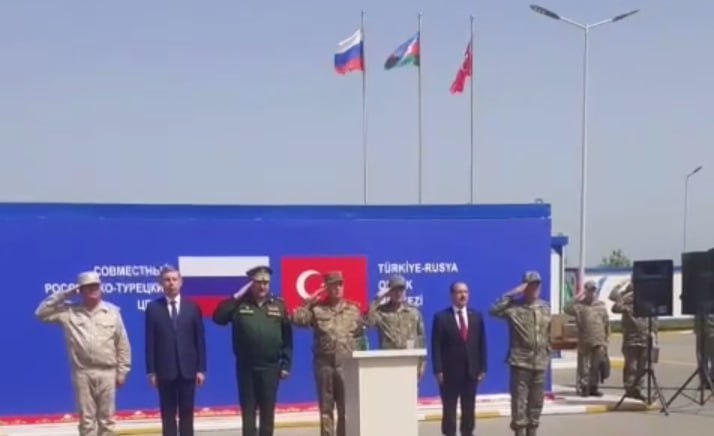

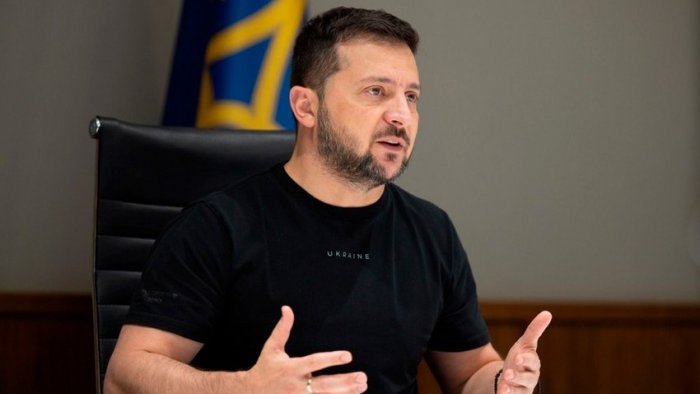
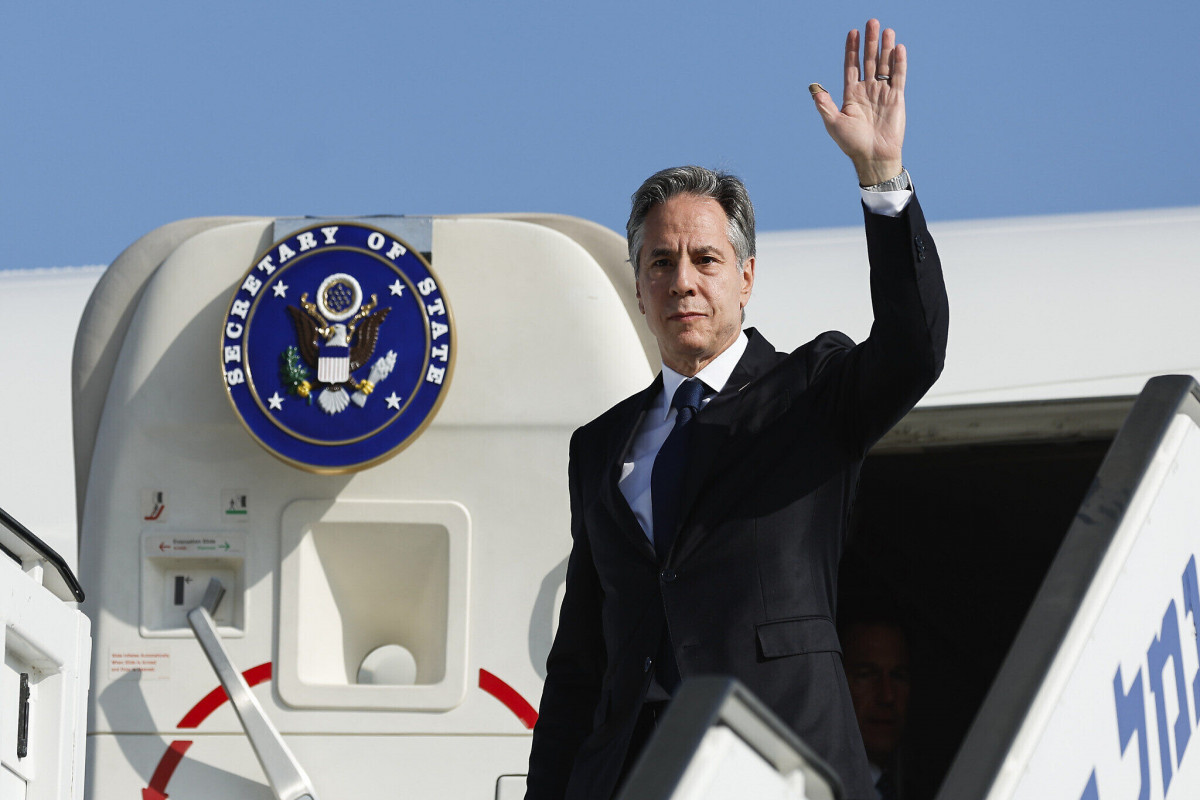
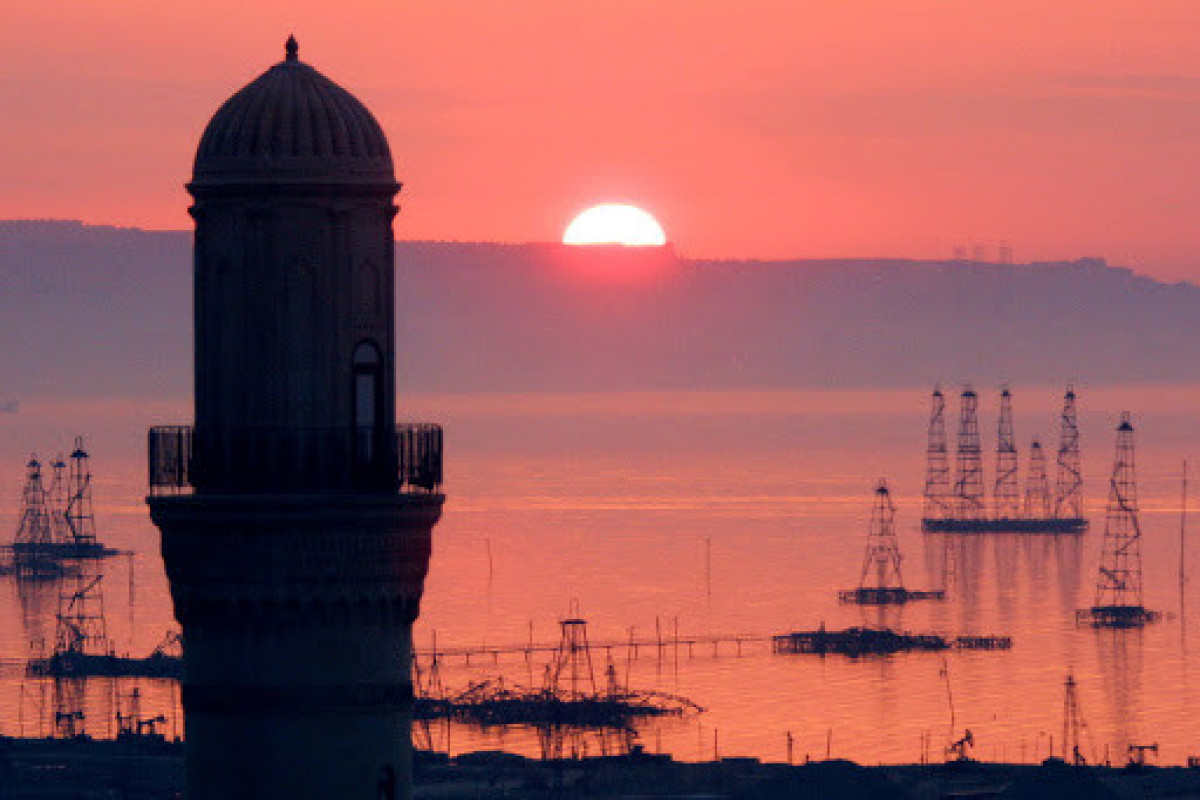
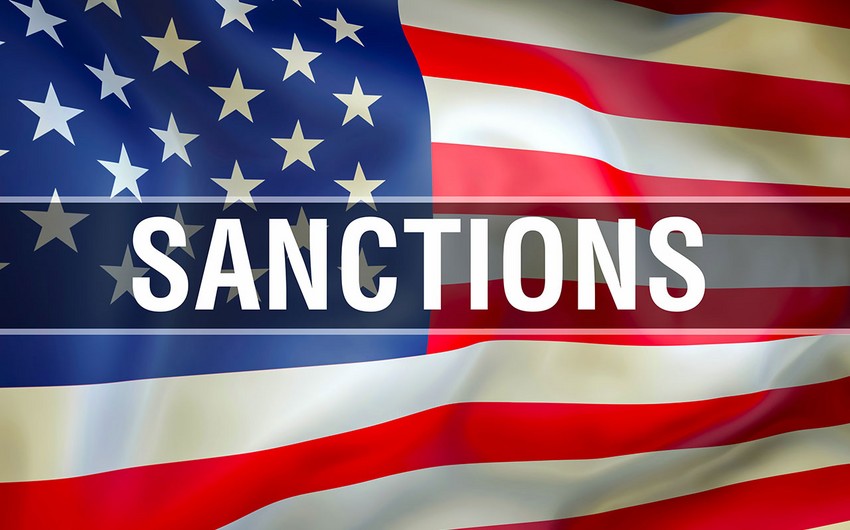
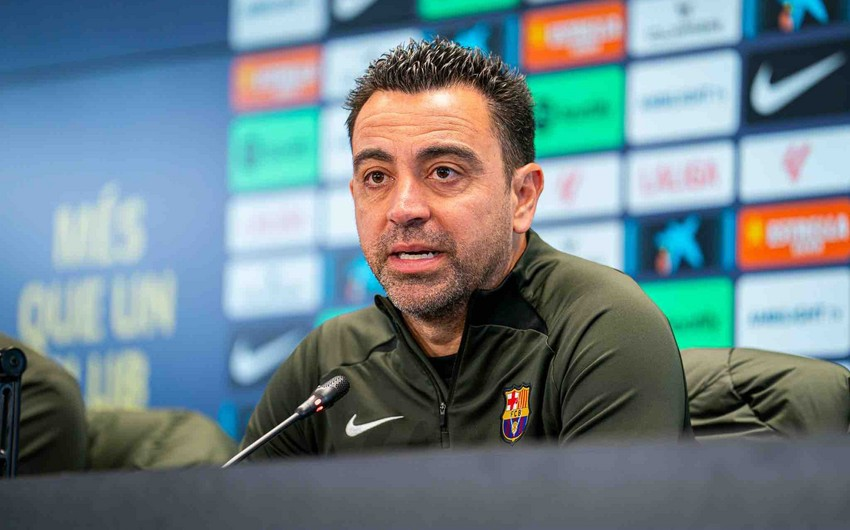
.jpeg)
